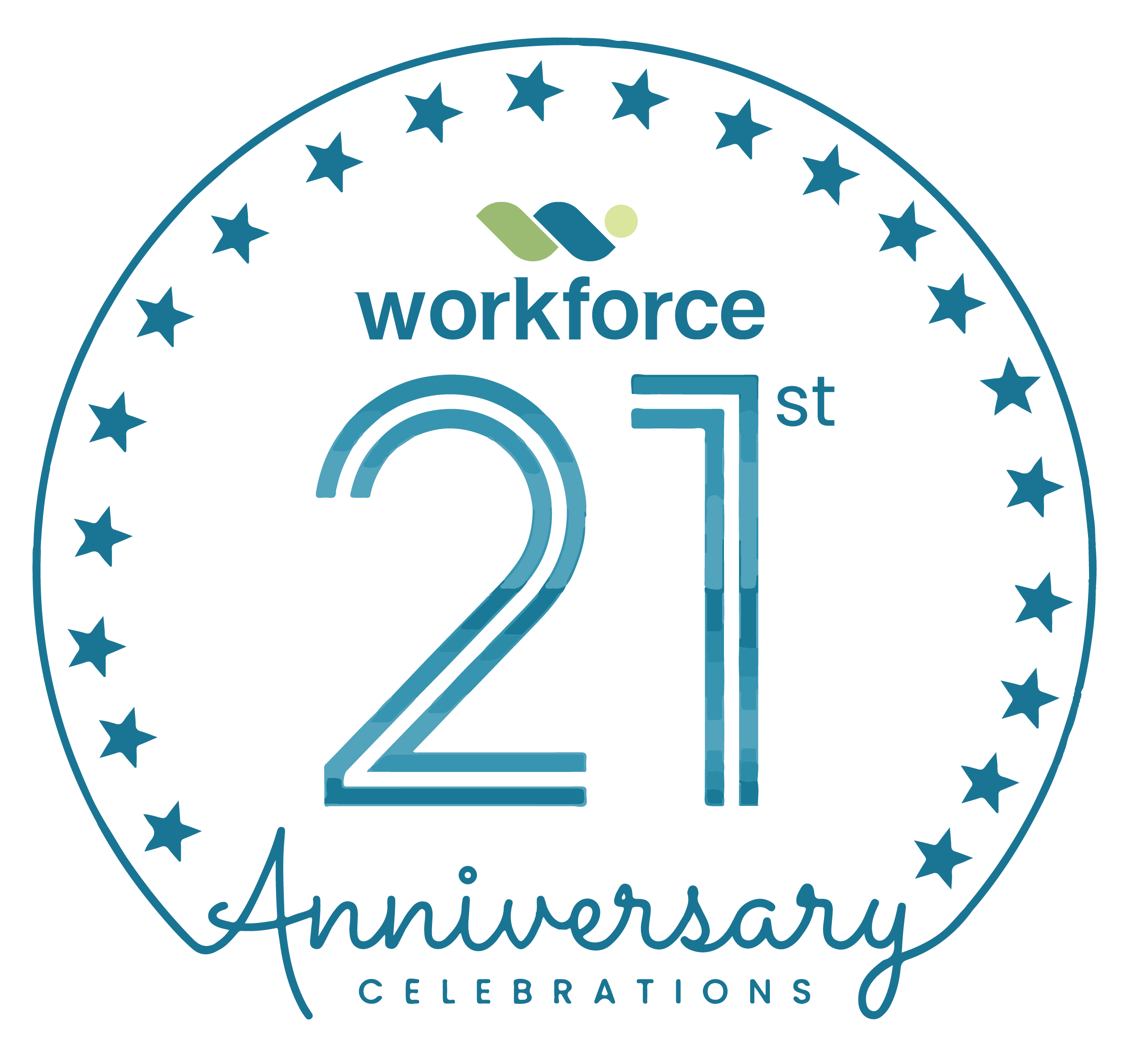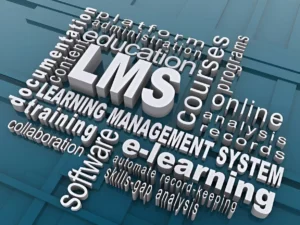In Nigeria’s competitive job market, finding the right talent can be as challenging as navigating Lagos traffic during rush hour. With a growing pool of candidates, many organisations face the dilemma of impressive yet inflated CVs that often do not reflect the true capabilities of potential hires. As recruitment tightens, more businesses are turning to talent assessment companies in Nigeria to ensure they select the best fit for their needs.
This article aims to guide HR managers, business leaders, and talent acquisition teams in understanding why partnering with a reputable talent assessment company is crucial. We’ll explore the challenges in Nigeria’s hiring landscape, the value such companies bring, and the key considerations when selecting the right partner.
The Challenge: Navigating Nigeria’s Recruitment Landscape
In Nigeria, the recruitment process is often fraught with obstacles that delay or disrupt hiring. These include:
1. Volume of Applicants with Inflated CVs: Many candidates present resumes that embellish skills and experience, leading to mismatches when they assume roles.
2. Pressure to Hire Quickly: With business needs evolving rapidly, there is often little time to engage in thorough recruitment processes.
3. High Competition for Top Talent: Skilled professionals, especially those in leadership or specialised fields, are in high demand, making retention a constant struggle.
4. Limited Accurate Assessment of Candidates: Many organisations lack the tools to evaluate candidates beyond interviews, leading to hires that may not perform as expected.
These challenges necessitate a strategic approach to hiring, one that prioritises data-driven insights over gut instincts.
The Role of Talent Assessment Companies in Nigeria
Talent assessment companies serve as a bridge between potential hires and the real requirements of their roles. By leveraging structured assessments, organisations can make smarter, more confident hiring decisions.
Key Value Propositions of Talent Assessment Companies
- Data-Driven Hiring: Talent assessment firms offer objective data that helps organisations measure a candidate’s fit based on actual capabilities rather than self-reported skills.
- Structured Evaluation Processes: Companies employ scientifically validated assessments, ensuring that hiring decisions are backed by reliable insights.
- Reduced Hiring Risks: By providing a clearer picture of candidate competencies, organisations can avoid costly hiring mistakes.
- Improved Workforce Planning: Assessments not only aid in hiring but also help identify skill gaps within existing teams, enabling more strategic talent development
Common Types of Talent Assessments Offered
Talent assessments can be grouped into three key categories: psychometric, behavioural, and personality. Each plays a critical role in helping organisations make informed hiring decisions.
Psychometric Assessment
Psychometric assessments are designed to measure cognitive abilities and problem-solving capacity. These tools are highly predictive of job performance, particularly for roles that require critical thinking and adaptability.
A widely used example is the Cognitive Ability Test, which evaluates verbal reasoning, numerical skills, and logical thinking. Other examples include critical thinking assessments, abstract reasoning, and situational judgement tests, which present hypothetical workplace scenarios to assess decision-making.
On a local level, organisations looking to implement these tools can explore tailored cognitive ability assessments suitable for high-volume or technical recruitment in Nigeria’s talent market.
Behavioural Assessment
Behavioural assessments focus on evaluating how candidates respond to real-world work situations. They provide insight into key competencies such as leadership, collaboration, and communication.
Typical tools include in-tray or e-tray exercises, group discussions, role-plays, and case study presentations. These are often combined in assessment centres, which are ideal for hiring into client-facing or mid-to-senior level roles. For example, a sales manager role might require a role-play to assess objection handling or negotiation skills.
According to the Society for Human Resource Management, behavioural assessments improve hiring outcomes by revealing how individuals apply skills in practice, not just in theory. If your organisation runs graduate or leadership programmes, consider custom assessment centre services to simulate real job tasks and gain objective insights.
Personality Assessment
Personality assessments examine stable traits and behavioural tendencies. They help organisations understand a candidate’s natural preferences and potential fit within a team or company culture.
Popular tools include the Five Factor Model (Big Five) and DISC assessments, which explore areas like emotional stability, conscientiousness, and interpersonal style. These insights are especially useful when hiring for team-based or long-term strategic roles.
Many companies also use emotional intelligence assessments, which measure a person’s ability to perceive and manage emotions, a key skill for leadership and collaboration. When integrated correctly, personality profiling supports better team dynamics, succession planning, and retention strategies.

Why Choosing the Right Talent Assessment Partner Matters
Not all talent assessment companies are equal in capability or experience. The right partner adds long-term value to your hiring process. Here’s how:
1. Improved Accuracy and Predictive Validity
Top assessment partners use scientifically validated tools that reliably predict job performance. This means fewer hiring errors and stronger hires.
2. Better Candidate Experience
An intuitive, fair, and professional assessment process enhances your employer brand and reduces candidate drop-offs.
3. Streamlined Hiring Workflows
Quality assessment companies integrate seamlessly with your existing HR tools and offer automated scoring and reporting — saving you time and manual work.
4. Talent Pipeline Insights
Some providers go beyond recruitment and help with talent development, succession planning, and internal mobility by identifying skill gaps and growth opportunities.
5. Long-Term Business Impact
Hiring the right people reduces turnover, increases productivity, and improves team dynamics — all contributing to a healthier bottom line.
How to Choose the Right Talent Assessment Company
Choosing the right talent assessment provider can significantly influence the quality of your hiring decisions, employee development efforts, and overall organisational performance. It’s not just about finding a vendor but a partner who understands your business context, challenges, and goals. Below are important factors to consider when selecting a talent assessment company:
1. Relevance to Your Industry and Job Roles
The best assessment companies take time to understand your sector and tailor their tools to suit your industry and the specific roles you are hiring for.
A provider that understands the nuances of your industry will offer assessments that are more contextually accurate and aligned with the competencies your organisation truly needs.
For example, assessments for technical roles in the banking industry will differ from those used in customer service roles in retail.
If a provider offers a one-size-fits-all approach without customisation or role-specific options, it may be a red flag. Choose a partner that can either offer or co-develop assessments that match the realities of your workplace.
2. Breadth and Depth of Assessment Tools
Look for a company that provides a wide range of assessment types — cognitive ability, personality, technical skills, leadership potential, and more. More importantly, each tool should be underpinned by rigorous validation studies to ensure it accurately predicts job performance.
A robust assessment library gives you the flexibility to use different tools at different stages of your talent journey, whether it’s hiring, promotion, succession planning, or workforce development. Companies that limit their offering to just one or two types of assessments may struggle to meet your evolving needs.
3. Scientific Validity and Credibility
Assessments are only useful if they are valid, reliable, and scientifically sound. A credible talent assessment company should be able to provide you with clear documentation showing how their tools were developed, tested, and normed.
This includes evidence of how well the assessments predict job performance and whether they reduce hiring bias. Check whether the company has industrial-organisational psychologists or psychometricians on their team, as this often reflects a higher standard of rigour in tool development. Poorly constructed assessments may mislead hiring managers and result in costly decisions.
4. Ease of Use and User Experience
Both candidates and employers should find the platform intuitive, fast, and responsive. A complex or clunky system could frustrate users and negatively affect your brand, especially for candidate-facing assessments.
Your internal teams should be able to manage the process easily — from inviting candidates to viewing reports. Candidates should be able to access the assessments across devices without technical difficulties.
A user-friendly interface is especially important when assessments are being deployed at scale, such as during graduate recruitment or organisation-wide audits.
5. Data Quality and Reporting
Beyond just test scores, you need insight-rich reports that help you interpret results and make sound decisions. Look for a provider whose reports are clear, actionable, and tailored to different audiences — from recruiters to line managers to executives.
Reports should offer more than just numbers; they should provide context, behavioural indicators, and suggested next steps.
Some companies go a step further by integrating AI-powered analytics or dashboards that show trends across departments or functions. These tools can be critical for identifying talent gaps and planning future workforce strategies.
6. Customisation and Local Relevance
The best assessment providers offer more than off-the-shelf tools. They also offer the flexibility to adapt assessments or even co-create bespoke tools that reflect your organisation’s specific culture, language, and environment.
This is especially important in markets like Nigeria and other parts of Africa, where cultural norms and local job expectations may differ from Western benchmarks. Customisation ensures better candidate engagement, more accurate results, and higher buy-in from stakeholders.
Ask whether the company has experience in your region or sector, and whether their assessments have been used successfully with similar clients.
7. Track Record and Case Studies
Always review the provider’s track record and past work with organisations like yours. A company with experience across different industries and organisation sizes is more likely to have the expertise to handle your specific needs.
Don’t just take their word for it ask for references or case studies that show how their assessments led to measurable improvements in hiring accuracy, employee retention, or team performance. You want a partner who is not just selling you a product but demonstrating how that product works in the real world.
8. Compliance with Legal and Ethical Standards
Talent assessment involves handling sensitive candidate data and making decisions that impact people’s careers. Therefore, the provider must adhere to data protection laws such as Nigeria’s NDPR or the global GDPR framework if relevant.
They should also have clear guidelines for avoiding bias and ensuring fairness across demographic groups. Ethical integrity in assessments is non-negotiable.
A good partner will be transparent about how they manage data, ensure equal opportunities, and continuously audit their tools for fairness and relevance.
9. Post-Assessment Support and Consultation
Assessment reports are only useful if decision-makers know how to interpret and apply them. The right provider will offer support after the assessment helping you understand the data, conduct feedback sessions, or make decisions around development planning.
Some also offer coaching or consulting services to embed the insights into your broader talent strategy. This kind of ongoing partnership is invaluable, especially when using assessments for high-stakes decisions like succession planning or executive hiring.
Conclusion: Making the Right Choice for Your Organisation
Partnering with the right talent assessment company in Nigeria is more than a hiring tactic, it’s a strategic decision. The right assessments give you a clear lens through which to evaluate potential hires, reduce hiring risks, and build a more effective workforce.
In an era where people are your greatest asset, data-driven hiring is not a luxury, it’s a necessity.Are you looking to enhance your organisation’s hiring accuracy and workforce planning?
Workforce Resourcing offers tailored, locally relevant talent assessment solutions that help Nigerian businesses make informed, confident hiring decisions. Contact us today to learn how we can support your recruitment and talent strategy.



